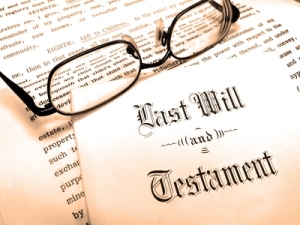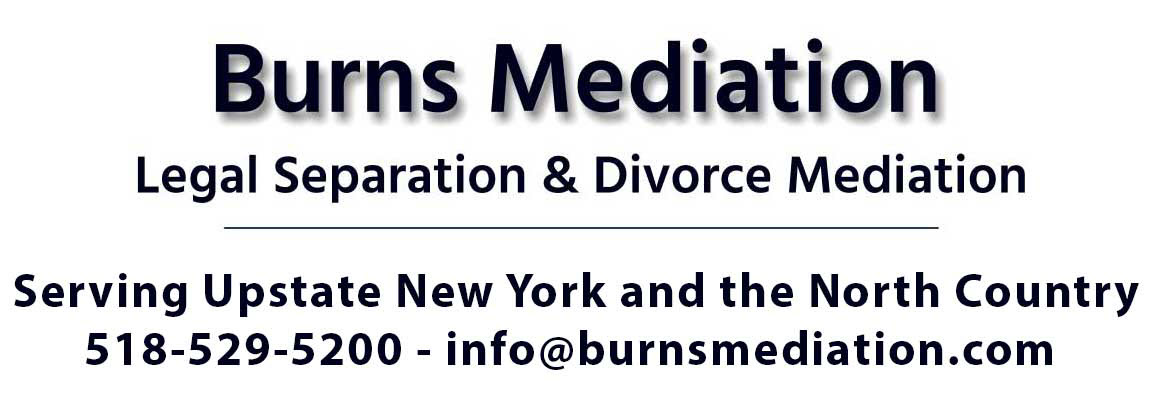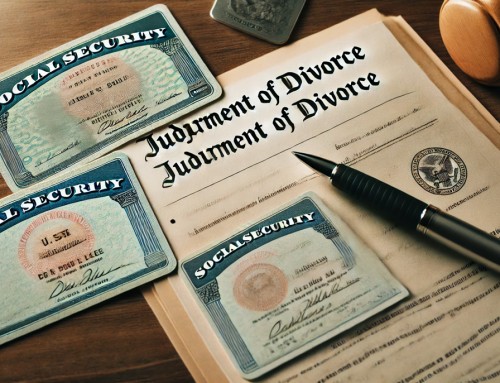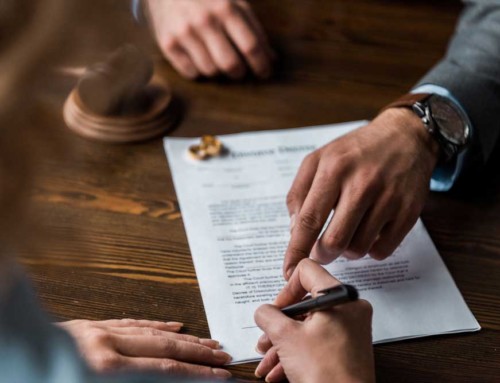 Did you know that, under the Estates, Powers and Trusts Law (EPTL), any designation of your spouse as beneficiary or any appointment of him or her as a fiduciary (executor, guardian, trustee) is revoked upon a divorce unless the “governing instrument” (usually the Marital Settlement Agreement) expressly provides otherwise!
Did you know that, under the Estates, Powers and Trusts Law (EPTL), any designation of your spouse as beneficiary or any appointment of him or her as a fiduciary (executor, guardian, trustee) is revoked upon a divorce unless the “governing instrument” (usually the Marital Settlement Agreement) expressly provides otherwise!
Why is this so? I guess the law was designed to protect someone who inadvertently forgot to change his or her will after a divorce and died leaving everything to a former spouse who had already received half of the marital estate.
This means that everyone, upon a divorce, should either have a new will prepared, even if the new will makes exactly the same provisions as the old will, or they should include a provision in the Marital Settlement Agreement that specifically refers to the will they want to keep!
It is a matter of timing; if the new will is drawn after the divorce, it is valid. If it is drawn before the divorce, the provisions regarding your ex-spouse are revoked and your property will pass as if your former spouse had died before you.
So if you currently have a will that leaves your estate to your now former spouse, you should have a new will prepared if you wish to continue with that plan, unless you included a specific provision in your agreement that addresses the old will. Otherwise, the property will pass to those you have named as alternates in your will, which is likely to be your children. And if there is not a trust in your will that withholds the distribution to them until a later age, each of your children will receive his or her share of your estate at age eighteen, which may not be when you would want them to have it.
Do you currently have a will that leaves your estate to your now former spouse? If so, you should have a new will prepared if you wish to continue with that plan.
Feel free to ask any questions, to comment, or to request more information in the Comments Box below. Also, please forward this blog to anyone you know who would be interested in its topic.
Share with Friends:
Need More Information?
To schedule a free phone or video consultation, complete and submit the form below, email us at [email protected], or call 518-529-5200.





